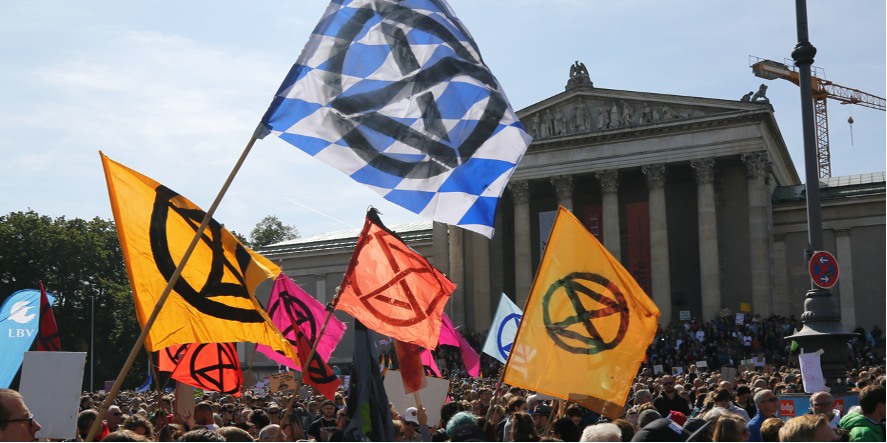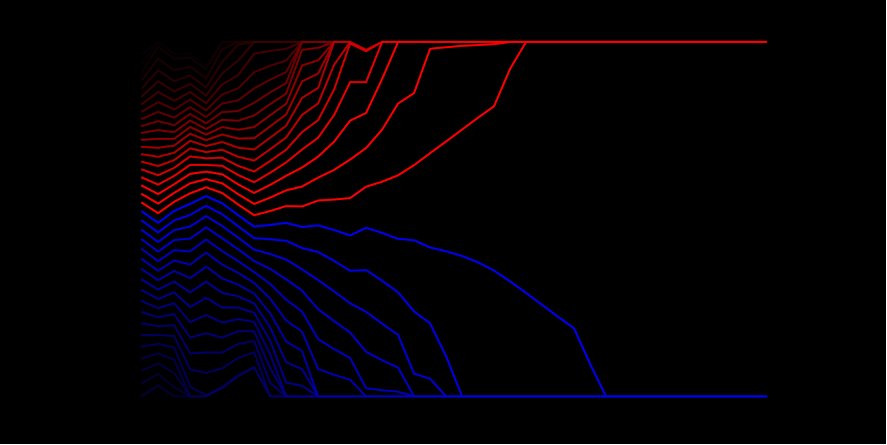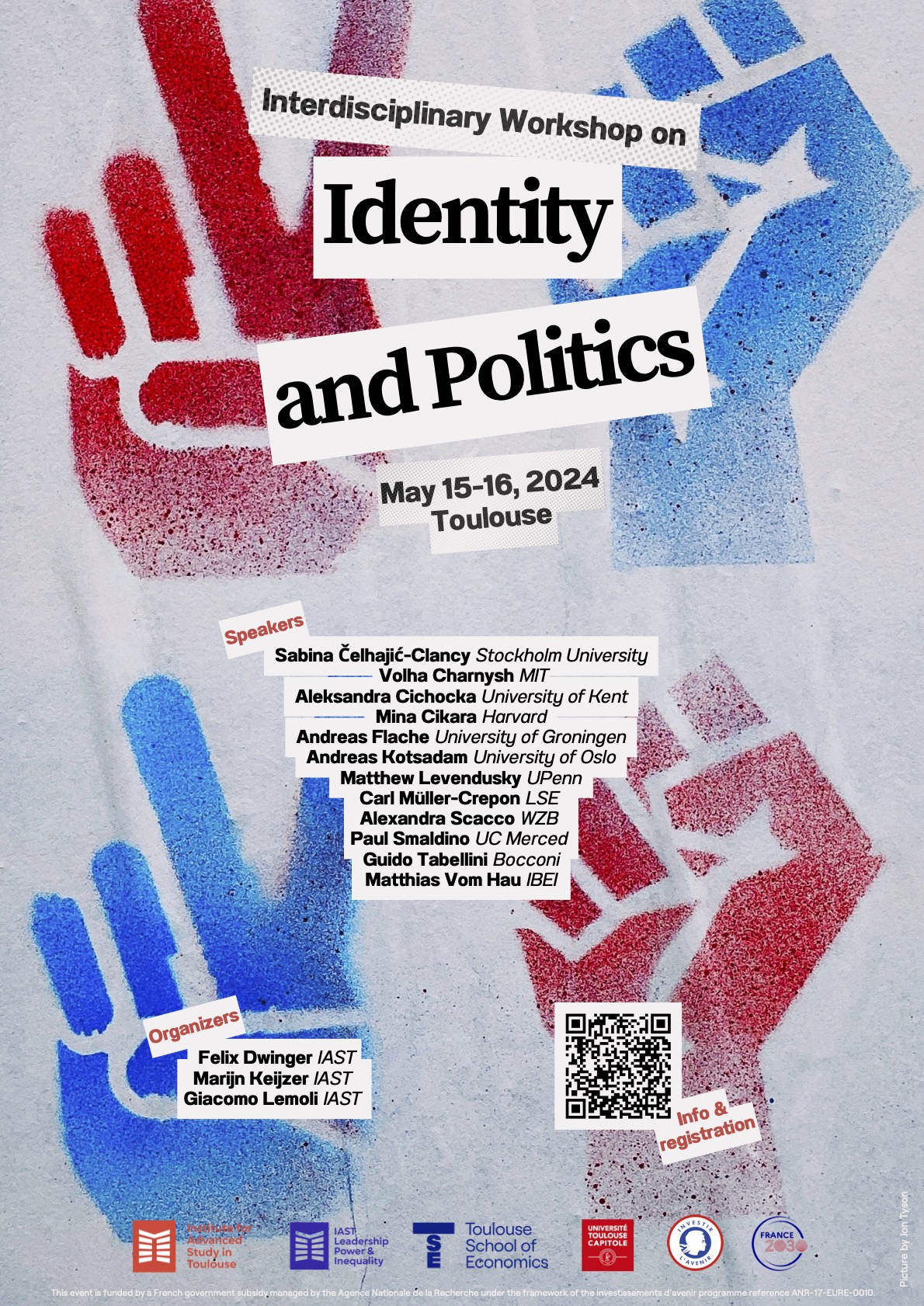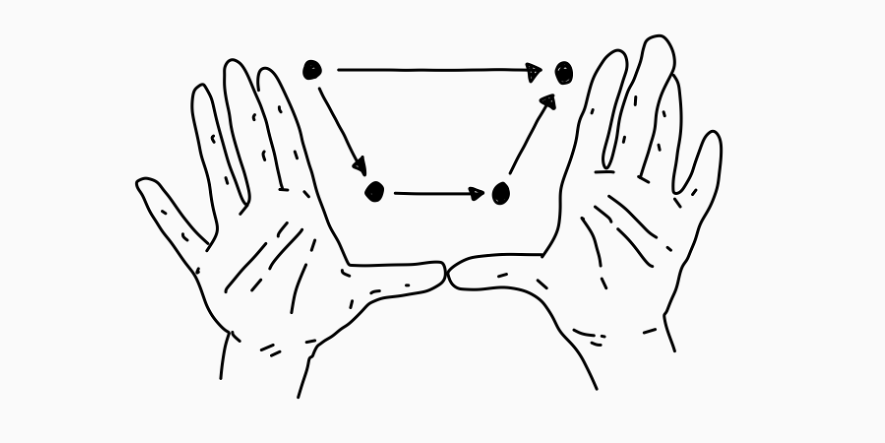Research themes & projects
Current projects

Unpacking the polarization-perception paradox [UP3]
Despite the pervasive perception that we live in polarizing societies, there is little evidence to support growing ideological disagreement. Rather than actual disagreement, perceived polarization may be rooted in changes in identity-based affection, belief consolidation or network embeddedness.…
The debate around pro-environmental action is one domain where the polarization perception paradox can be particularly severe as the perceived controversiality of the topic may not reflect actual concern of a large majority, and prevent effective collective action. This project uses lab-on-the-web experiments, socio-semantic analysis of digital trace data, and computational modeling to build our scientific understanding of political polarization and contribute to a more sustainable society.
// in collaboration with Camille Roth, Lynda Tamine & Frederic Amblard | funded by TIRIS

Understanding the formation and success of groups through game theory and network science
A team is not just the sum of its parts. Take the Greek national football team, for instance: In what was dubbed one of the greatest upsets in the last century, it won the 2004 UEFA European Football Championship, defeating teams that far outclassed Greece in terms of individual skill and footballing tradition.…
Or consider Paul McCartney and Stevie Wonder. Individually, they are considered to be two of the greatest musicians of all time, yet the duo’s joint production `Ebony and Ivory’ is known as being one of the worst musical collaborations in pop history. Why did Greece’s 2004 squad succeed and why did the McCartney-Wonder team fail?This project combines concepts and tools from game theory, behavioral economics, network science, and sociology to study the creation of successful social relations.In four sub-projects, we use insights from formal models and experimental evidence to link mechanisms of partner selection to the composition of social structures and their success.
// in collaboration with Marion Hoffman, Maria Kleshnina, Péter Bayer & Vincenz Frey | funded by IAST Multidisciplinary Grant 2022

Depolarizing the digital divide
In highly personalized media environments, individuals are exposed to an increasingly one-sided view of news and political debates. Algorithmically constructed filter bubbles would prevent understanding `the other side of the debate’. But is this really the case? And can we promote diversity in information consumption without sacrificing user engagement?…
This project investigates through an online experiment how (a lack of) information diversity is related to extremity of beliefs, when diversity of information may trigger disengagement and how algorithmic solutions can be used to depolarize and maintain interest.
To use digital information environments for depolarization, a smart algorithm is needed that (1) timely identifies one-sidedness of one’s personal media environment, (2) gradually exposes users to new information to allow them to form a well-informed opinion, and (3) does not come at the expense of user-engagement so that it becomes interesting for social media companies to actually implement such an algorithm.
Based on an experimental study, we develop a simulation model to test different recommendation algorithms and take the first step toward developing algorithms for depolarization.
// in collaboration with Bence Bago | funded by SIDN fonds
Research interests
| Website created with R Markdown | Last updated on |




